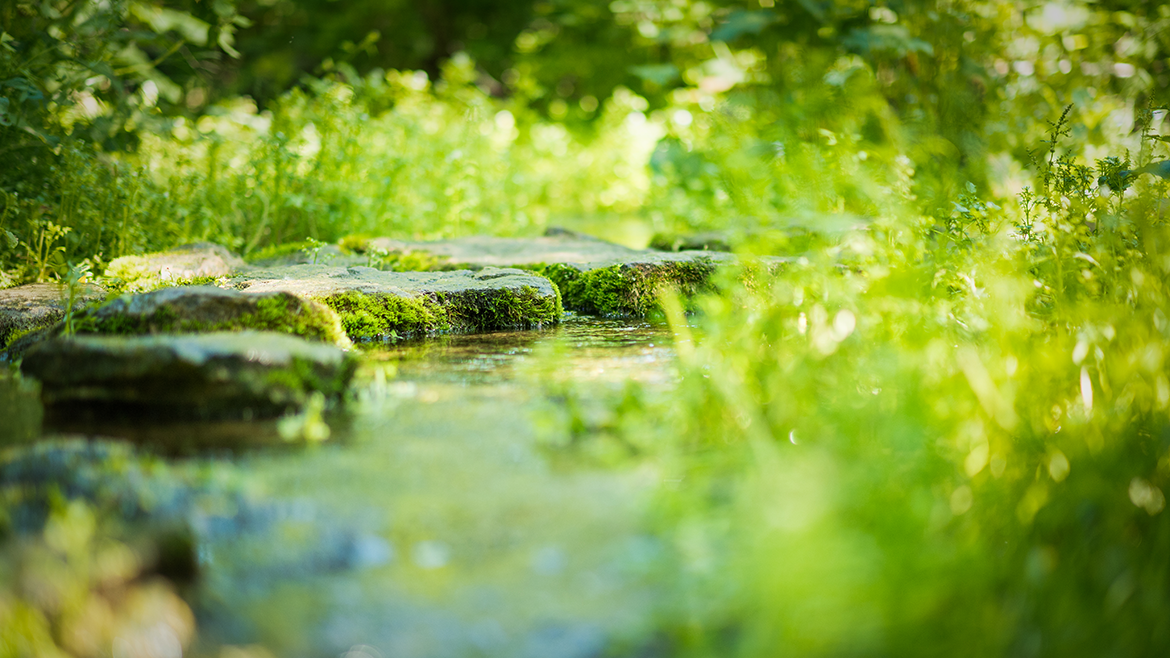Hear Ye, Hear Ye, Water News Podcasts
With five senses, more and more people are favoring just one them – hearing – when seeking entertainment and information. Podcasts are ascendant. In 2017, the Pew Research Center found that 4 in 10 Americans ages 12 or older had listened to a podcast and 24 percent had listened to a podcast in the past month, up from just 9 percent in 2008.
Sea Grant and the Water Resources Institute capitalize on this popular way to learn by sharing water-science news via podcast. In addition to legacy offerings on topics such as aquaculture and mercury in the environment, Science Communicator Marie Zhuikov has kicked off a brand-new series, Wisconsin Water News, go.wisc.edu/9jjlix. The full complement of podcasts can be found at go.wisc.edu/8843r3.
At four episodes and counting, four-to-seven-minute segments bring Sea Grant and Water Resources stories alive by featuring the voices of scientists, resource managers, stakeholders and staff in audio presentations of news pieces that are also shared in print or electronic formats.
“I’m enthusiastic about highlighting the people behind news,” Zhuikov said. “Audio lets people jump off the pages of my story notes.”
In an Unstable Environment, Check a Stable Website
Over the past several years, the rising water levels of Lake Michigan have rendered southeastern Wisconsin’s shoreline dangerously fluid. Now there’s help for communities along that coastline and others facing coastal resilience challenges. A website launched in June provides a one-stop spot to learn about coastal hazards, resilience resources and local initiatives. It’s also a way to connect with others facing similar hurdles and delve into blog posts.
Lake Michigan water levels were below the long-term average from 1999 to 2014, but they began to rise and have remained high for the last four years, heightening coastal hazards. Ozaukee, Milwaukee, Racine and Kenosha counties are particularly vulnerable to damage to beaches, homes, bluffs and infrastructure like harbors or marinas.
The website is one facet of a larger project launched by Sea Grant and partners, including the Wisconsin Coastal Management Program of the Wisconsin Department of Administration, University of Wisconsin-Madison Department of Civil and Environmental Engineering, and Southeastern Wisconsin Regional Planning Commission with funding from a National Oceanic and Atmospheric Administration Coastal Resilience Grant.


